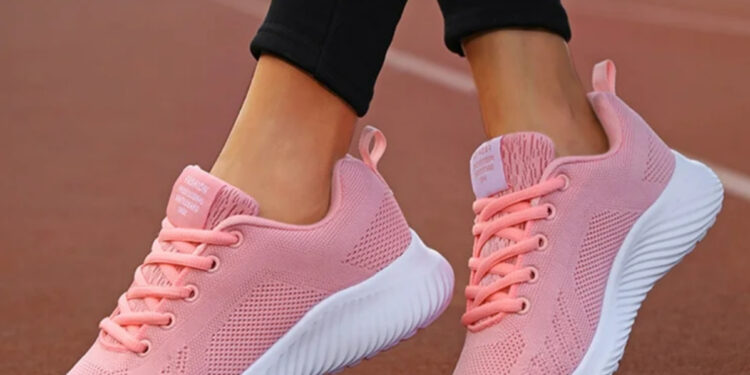In today’s world, choosing eco-friendly footwear is more than a fashion statement—it’s a step toward a sustainable future. As consumers grow increasingly aware of the environmental impact of their purchases, some brands are leading the way in eco-conscious innovation. Here’s a look at the most eco-friendly footwear brands in different categories and why these choices matter.
In the charts below, we cover a wide range of footwear preferences and needs, from high-performance athletic shoes and luxury fashion to durable outdoor boots and everyday casual styles.
Adidas leads the pack in eco-friendly sports footwear with its innovative use of recycled ocean plastics and commitment to carbon neutrality. On Running follows closely, championing sustainable materials like castor beans for midsoles. Nike excels with its circular design ethos, reducing waste through recycled materials and durable products. Asics rounds out the list, emphasizing energy-efficient production and eco-conscious packaging. Together, these brands set benchmarks for sustainability in athletic footwear.
Gucci leads luxury footwear sustainability with carbon-neutral operations and eco-friendly materials like Demetra. Louis Vuitton follows, prioritizing renewable energy and sustainable leather sourcing. Bottega Veneta excels with craftsmanship-focused designs, reducing waste and emphasizing longevity, setting eco-conscious standards in luxury footwear.
Allbirds tops casual footwear sustainability with carbon-neutral production and natural materials like wool and sugarcane. Veja follows, using organic cotton and wild rubber for eco-friendly sneakers. Rothy’s excels with its recyclable designs crafted from repurposed plastic bottles.
The North Face leads in eco-friendly outdoor footwear with recycled materials and a focus on circularity. Keen excels through toxin-free manufacturing and sustainable sourcing. Arc’teryx prioritizes durability and repairability, reducing waste. Timberland champions regenerative leather and tree-planting initiatives, combining eco-consciousness with social impact. Mammut rounds out the list with energy-efficient production and bluesign®-certified materials. Together, these brands set the standard for sustainability in outdoor and functional footwear.
Camper leads in eco-friendly niche footwear with its focus on renewable materials and long-lasting designs. Ecco Golf excels through innovative water-saving leather tanning processes. Pikolinos stands out with vegetable-tanned leathers and ethical craftsmanship. Finn Comfort prioritizes sustainability with durable, repairable shoes made from eco-friendly materials. Paul Smith completes the list, integrating sustainable fabrics and ethical practices into its stylish designs. These brands exemplify eco-conscious innovation in specialized footwear categories.
Footwear production often involves resource-intensive processes and hazardous chemicals. By choosing brands that prioritize carbon reduction, sustainable sourcing, and pollution control, consumers can minimize their environmental impact. Supporting eco-conscious brands also signals to the industry that sustainability is a key priority, encouraging further innovation.
When shopping for footwear, awareness is critical. By choosing eco-friendly brands, we can all take steps—literally and figuratively—toward a healthier planet.







